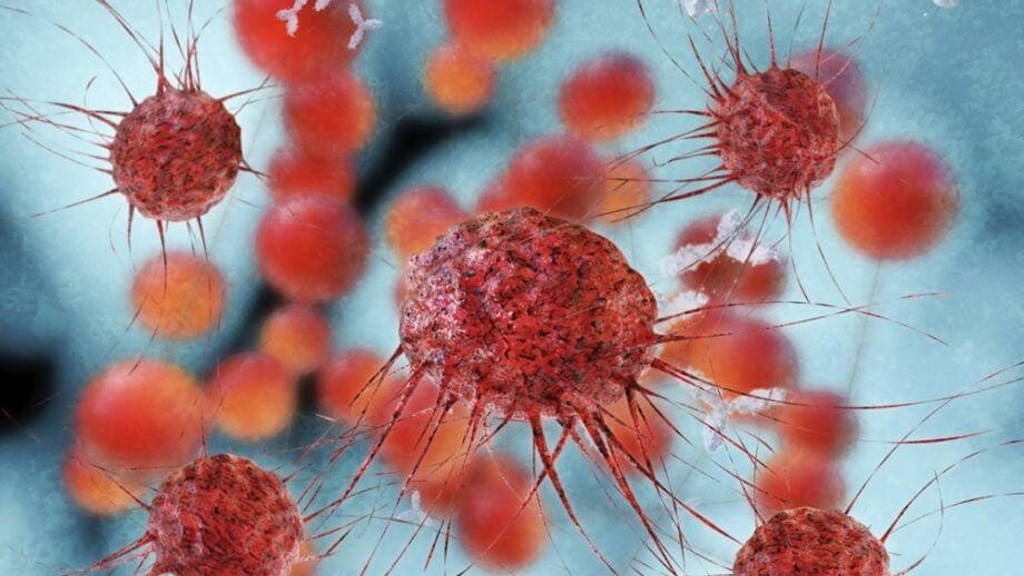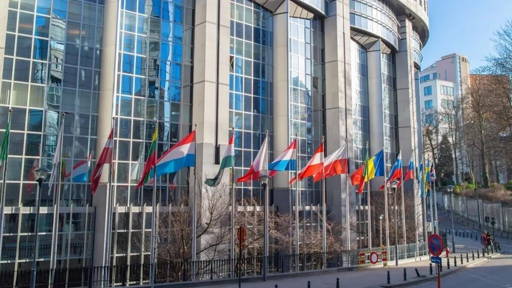The Integral Cancer Centre of the Netherlands (IKNL) has taken an important step in improving data exchange within oncological care. The recent update of the cancer registration system and a new version of the European Cancer Information System (ECIS) will make it easier and safer for hospitals to submit information. This modernisation is essential at a time when data availability, standardisation and administrative relief are becoming increasingly urgent.
The updated version of ECIS focuses on user-friendliness, better security and a future-oriented architecture. In doing so, the system not only meets the technological needs of today, but also the requirements of tomorrow. This includes responding to national and European developments, such as Wegiz and the European Health Data Space (EHDS). "We want hospitals to spend as little time as possible on administrative processes so that the focus remains on patient care. This update makes that possible by making data exchange more intuitive and reliable," says Eline Kuijper, product owner ECIS at IKNL. ECIS was commissioned and supported by the European Commission and launched by the Joint Research Centre in 2018.
Less manual work, more value
Hospitals provide data via ECIS that form the basis for the Dutch Cancer Registry (NKR). This data is indispensable for quality improvement, scientific research and policy-making. The renewed ECIS infrastructure enables faster, more complete and standardised data delivery. This has advantages on several fronts:
- Faster processing: The revamped ECIS makes the delivery process more efficient, reducing waiting times and making analyses available faster.
- Standardised data: Connection to healthcare information building blocks (zibs) increases data quality, which has direct impact on reuse for research and policy development.
- Reduced registration burden: Fewer manual corrections and better error handling provide relief on the shop floor.
‘By capturing data directly at source and linking it smartly, we are working towards an infrastructure in which data can flow automatically,’ Kuijper said.
Connection to laws and regulations
The modernisation of ECIS is not only a technical upgrade, but also a necessary step in the context of increasing laws and regulations. For instance, the system aligns with the principles of the Wegiz (Electronic Data Exchange in Healthcare Act), which makes electronic data exchange mandatory.
In addition, IKNL is preparing to join the EHDS, which facilitates cross-border use of health data. ECIS will play a crucial role in this by ensuring that oncology data remains secure, standardised and accessible for healthcare professionals as well as researchers.
Cooperation and innovation
The creation of the new ECIS version is the result of close cooperation between IKNL and hospitals, ICT suppliers and experts in the field of information standards. User input was leading in the design of the new functionalities. IKNL remains in constant dialogue with healthcare practices to further develop ECIS. Future efforts include broader links with EHR vendors, better feedback loops and further integration with national data platforms.
With this update, IKNL underlines its ambition to put data availability and reuse at the heart of oncological care. The modernisation of ECIS is thus not only a technological innovation, but also a strategic step towards a healthcare system in which data are used smartly, securely and meaningfully for better care.







